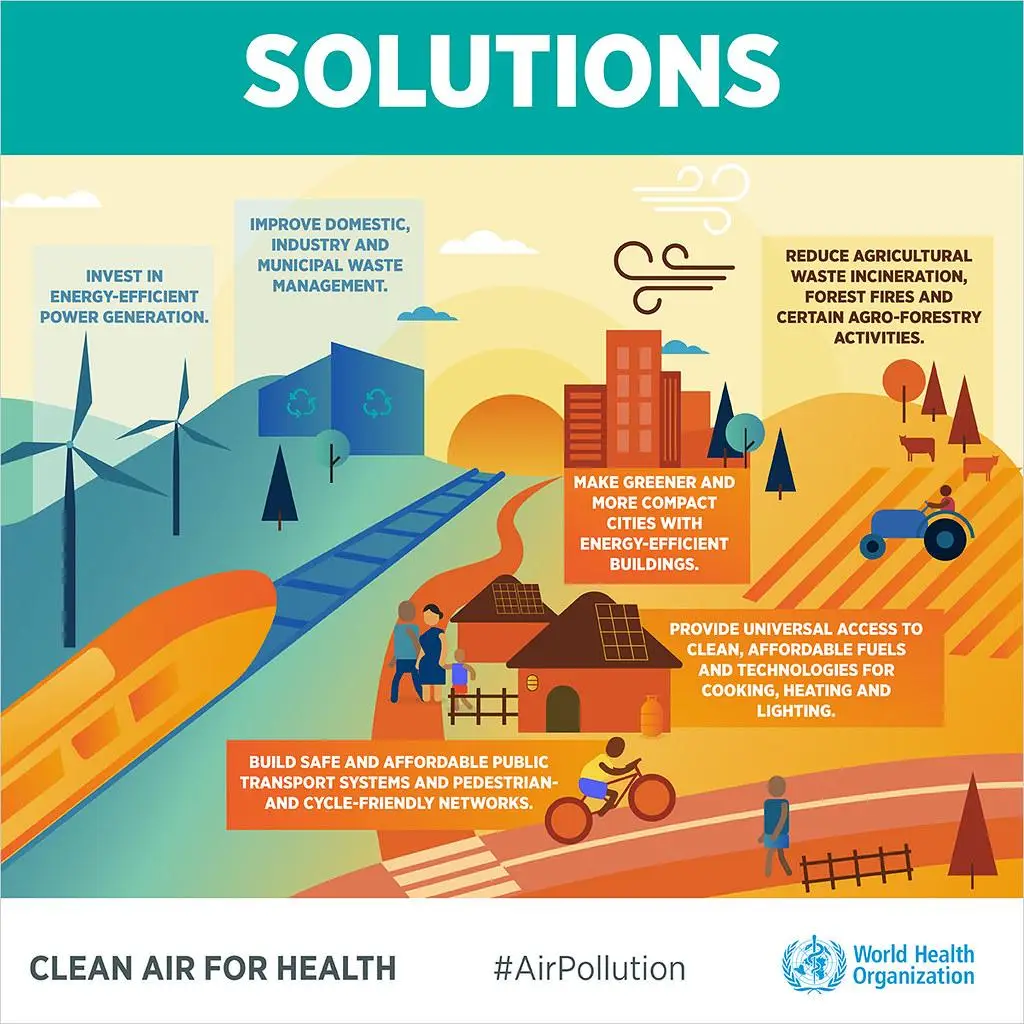In a world where navigating the complexities of health insurance can feel like a daunting task, finding affordable health solutions is more important than ever. With so many options and jargon to decipher, it’s easy to feel lost in the wilderness of healthcare. But fear not, as we embark on a journey to explore the maze of choices and uncover the secrets to finding the right coverage for you and your budget. Join us as we unravel the mysteries of affordable health solutions and empower you to take control of your healthcare needs.
Exploring Various Health Insurance Plans

When it comes to navigating the world of health insurance, it can often feel like trying to find a needle in a haystack. With so many different options available, it’s important to explore various health insurance plans to find the one that best fits your needs and budget.
One key factor to consider when exploring health insurance plans is the cost. While some plans may have lower monthly premiums, they may also come with higher out-of-pocket costs. On the other hand, plans with higher premiums may offer more comprehensive coverage with lower copays and deductibles. It’s important to weigh the pros and cons of each plan to find the right balance between affordability and coverage.
Another important aspect to consider is the network of healthcare providers included in each plan. Some plans may have a limited network, meaning you may have to pay more to see out-of-network providers. It’s essential to ensure that your preferred doctors and hospitals are included in the plan’s network to avoid unexpected costs.
Additionally, it’s important to review the coverage options for specific services, such as preventive care, prescription medications, and mental health services. Understanding what is covered and any limitations or exclusions can help you choose a plan that meets your healthcare needs.
Maximizing Benefits and Minimizing Costs

In today’s complex healthcare landscape, it’s more important than ever to find ways to maximize benefits and minimize costs when it comes to health insurance. Affordable health solutions are crucial for individuals and families looking to access quality care without breaking the bank. By understanding the ins and outs of health insurance options, you can navigate the world of healthcare with confidence.
One key strategy for maximizing benefits is to carefully review your health insurance plan’s coverage options. Look for plans that offer comprehensive coverage for essential health services such as doctor visits, prescription medications, and preventive care. Comparing different plans side by side can help you identify the best value for your specific healthcare needs.
Another way to minimize costs is to take advantage of cost-saving strategies offered by your health insurance provider. This may include utilizing in-network providers, participating in wellness programs, or taking advantage of discounts on prescription medications. By being proactive about managing your healthcare expenses, you can ensure that you are getting the most out of your health insurance plan.
When it comes to choosing a health insurance plan, it’s important to strike a balance between cost and coverage. While it may be tempting to opt for the cheapest plan available, considering factors such as deductibles, co-payments, and out-of-pocket maximums can help you avoid unexpected expenses down the line. By carefully weighing your options and seeking out affordable health solutions, you can protect your health and financial well-being for years to come.
Understanding Common Health Insurance Terminology

Navigating the world of health insurance can be overwhelming, especially when you’re faced with a sea of confusing terminology. Understanding common health insurance terms is crucial to making informed decisions about your healthcare coverage. By familiarizing yourself with these terms, you can ensure you are getting the most out of your health insurance plan.
One common term you may encounter is “premium.” A premium is the amount you pay each month for your health insurance coverage. It is important to pay your premium on time to avoid any lapses in coverage. Deductible is another important term to understand. This is the amount you must pay out of pocket for medical expenses before your insurance kicks in. Knowing your deductible can help you budget for healthcare costs.
Co-payments, or “co-pays,” are fixed amounts you pay for certain healthcare services, such as doctor visits or prescription medications. It’s essential to know your co-pay amounts so you can plan for these expenses. Another crucial term is “network.” This refers to the group of doctors, hospitals, and other healthcare providers that have agreements with your insurance company. Staying in-network can help you save money on medical services. By familiarizing yourself with these and other common health insurance terms, you can take control of your healthcare costs and make the most of your coverage.
Tips for Selecting the Right Health Insurance Plan

When it comes to selecting the right health insurance plan, there are a few key tips to keep in mind to ensure you are getting the coverage you need at a price you can afford. Here are some important factors to consider:
- Assess Your Healthcare Needs: Before choosing a health insurance plan, take the time to evaluate your healthcare needs. Consider factors such as your medical history, any existing conditions, and the frequency of doctor visits.
- Compare Plan Options: Don’t settle for the first health insurance plan you come across. Take the time to compare different options, including HMOs, PPOs, and high-deductible plans, to find the best fit for your needs and budget.
- Check Network Coverage: Make sure the health insurance plan you choose has a network of doctors, specialists, and hospitals that are convenient for you. Out-of-network provider costs can add up quickly, so it’s crucial to ensure your preferred healthcare providers are included in the plan.
- Consider Cost and Coverage: Balance the cost of premiums with the coverage provided by the plan. A plan with a lower premium may have higher out-of-pocket costs, so it’s essential to consider your budget and healthcare needs when selecting a plan.
| Plan Type | Premium | Out-of-Pocket Costs |
|---|---|---|
| HMO | Low | Higher |
| PPO | Medium | Lower |
| High-Deductible | Low | Higher |
By following these tips, you can navigate the world of health insurance with confidence and find an affordable solution that meets your needs. Remember to review and update your health insurance plan regularly to ensure you are always getting the coverage you need at a price you can afford.
Q&A
Q: Why is it important to have health insurance?
A: Health insurance provides financial protection against unexpected medical expenses, ensuring access to necessary healthcare services without incurring significant costs.
Q: How can individuals find affordable health insurance options?
A: Individuals can explore options through government-run marketplaces, employer-sponsored plans, or private insurance companies to find a plan that fits their budget and healthcare needs.
Q: What factors should individuals consider when choosing a health insurance plan?
A: Factors to consider include monthly premiums, deductibles, out-of-pocket costs, network coverage, and benefits covered, to ensure the selected plan meets personal healthcare requirements and financial capabilities.
Q: How can individuals navigate the complexities of health insurance policies?
A: By seeking assistance from insurance brokers, healthcare advocates, or utilizing online resources and tools, individuals can better understand and compare different insurance plans to make informed decisions.
Q: Are there alternative options for affordable healthcare outside of traditional insurance plans?
A: Yes, alternatives such as health savings accounts (HSAs), healthcare sharing ministries, or limited-benefit plans may provide affordable options for individuals who do not qualify for or cannot afford traditional insurance coverage.
Final Thoughts
In conclusion, navigating the world of health insurance can be complex and overwhelming. However, by understanding your options and exploring affordable health solutions, you can take control of your healthcare and ensure you have the coverage you need. Remember, it’s important to prioritize your health and well-being, so don’t hesitate to reach out for guidance and support as you navigate this important aspect of your life. Stay informed, stay proactive, and remember that your health is worth investing in. Thank you for reading, and best of luck on your journey to finding affordable health solutions.



